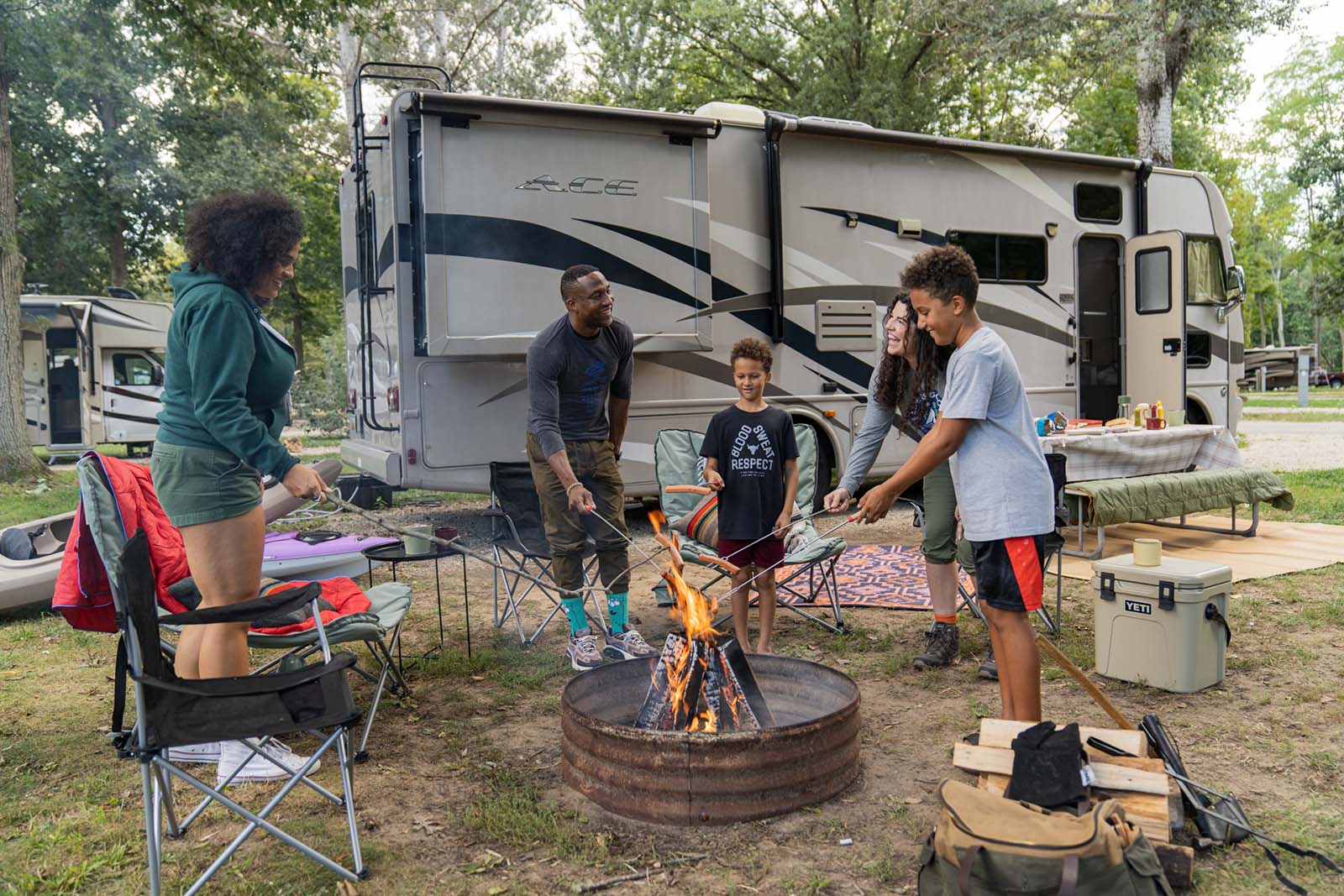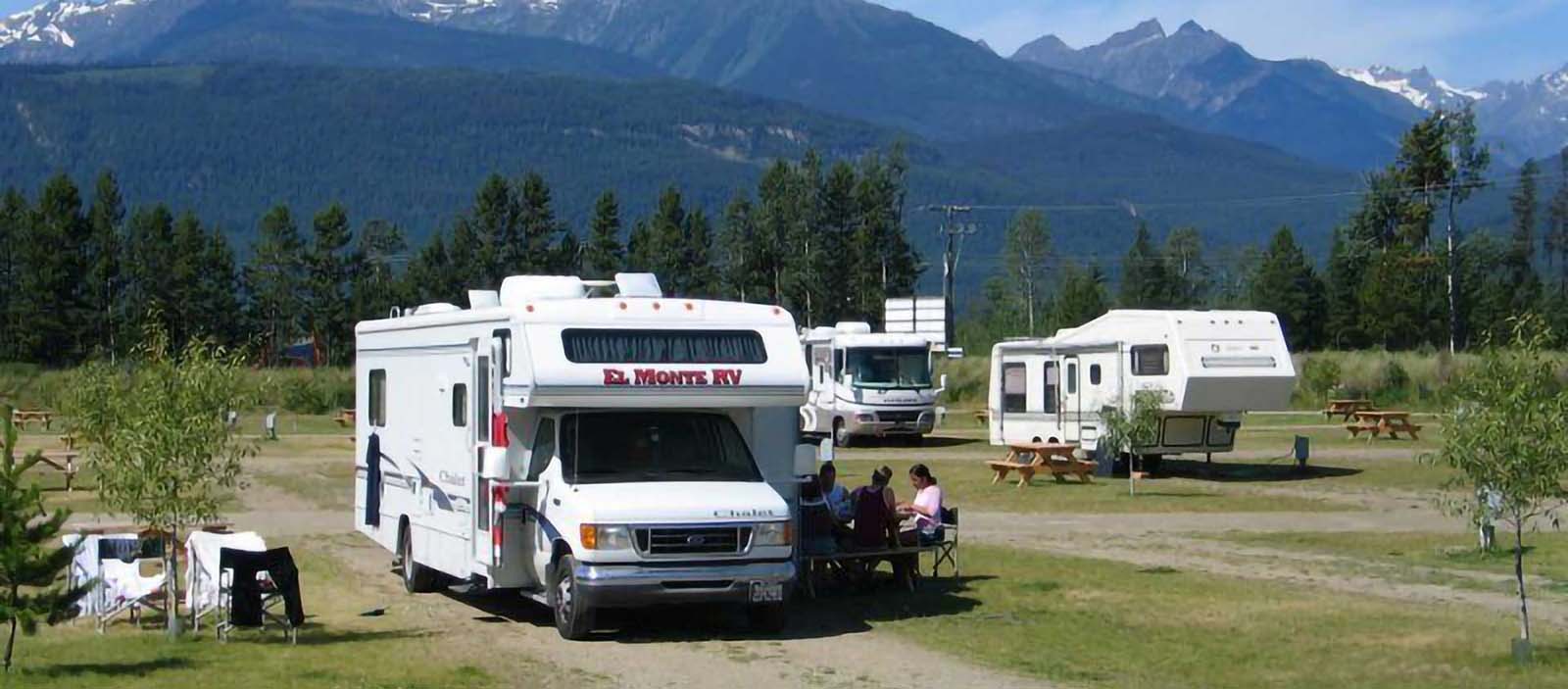RV House Batteries: Everything You Need to Know

Introduction
When it comes to RVs, house batteries play a vital role in providing power for various appliances and systems on board. These batteries are responsible for running everything from lights and refrigerators to water pumps and entertainment systems. In this article, we will explore the charges associated with RV house batteries and their importance.The Importance of RV House Batteries
RV house batteries are crucial for providing power when the vehicle is not connected to shore power. They serve as a reliable source of electricity, ensuring that essential systems in the RV function properly even in remote locations. From powering lights to operating electronic devices, house batteries offer convenience and comfort during outdoor adventures.Types of Charges for RV House Batteries
1. Installation Charges: When purchasing a new RV, the cost of house battery installation should be considered. This charge typically includes the expertise of professionals who will properly wire and connect the battery to the RV’s electrical system. Installation charges may vary depending on the complexity of the setup.
2. Replacement Charges: Over time, RV house batteries may lose their effectiveness and require replacement. These replacement charges can range from affordable to costly, depending on the type and quality of the battery selected. It is recommended to choose high-quality batteries that offer longer lifespan and better performance.
Factors Affecting Battery Charges
1. Battery Type: RV house batteries come in different types, including lead-acid, lithium-ion, and AGM (absorbent glass mat) batteries. Each type varies in terms of price and performance. Lithium-ion batteries tend to be more expensive but have longer lifespans and higher energy density.2. Battery Capacity: The capacity of a battery, measured in ampere-hours (Ah), determines the amount of energy it can store. RV owners should consider their power consumption needs when selecting the battery capacity. Higher capacity batteries generally cost more, but they provide longer-lasting power.

Battery Maintenance and Care
1. Regular Inspections: Maintaining house batteries is essential to maximize their lifespan. Regularly inspect the battery terminals, cables, and connections for any signs of corrosion or damage. Clean the terminals and tighten any loose connections as necessary.2. Charging and Discharging Cycles: Avoid letting RV house batteries fully discharge as it can reduce their overall lifespan. It is recommended to recharge the batteries regularly, especially after extended periods of inactivity. Excessive charging can also cause damage, so it is important to monitor charging levels.

